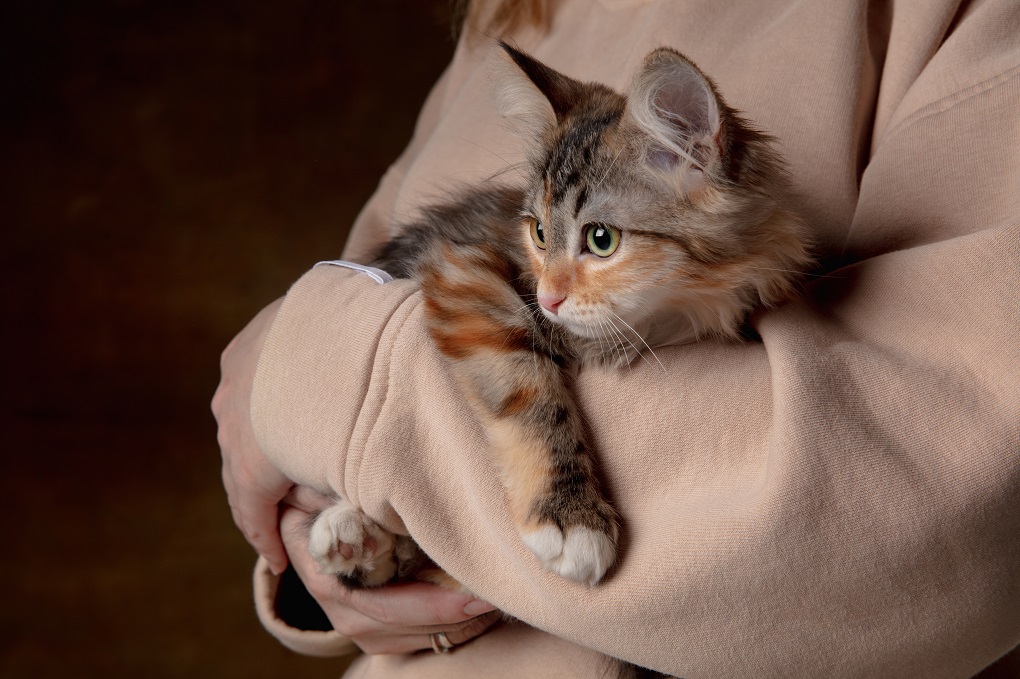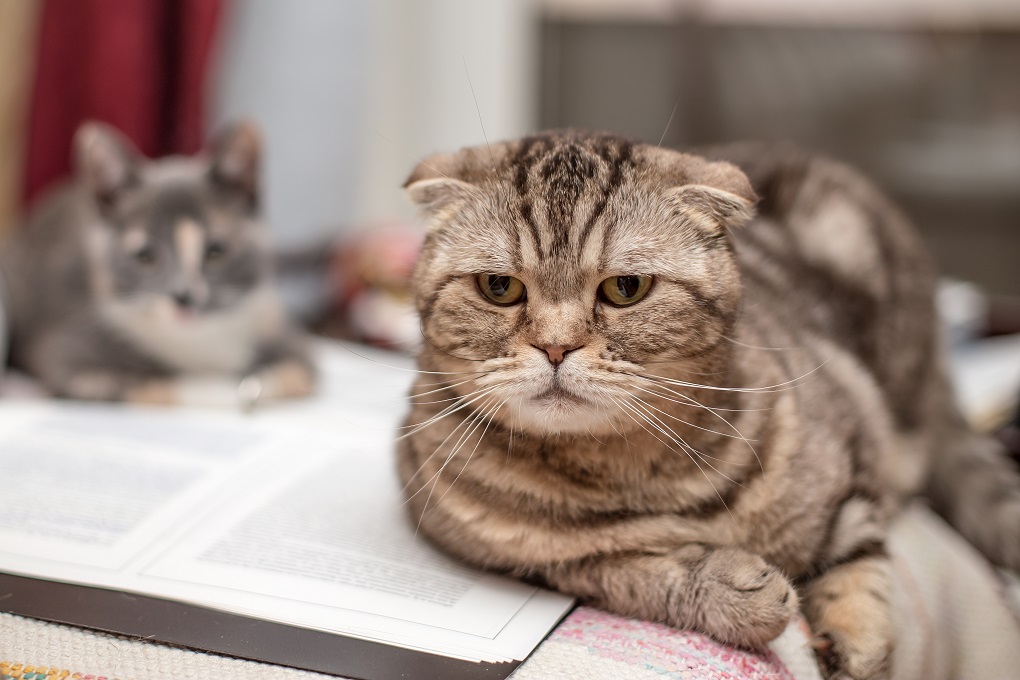Is the abnormal behavior of cats related to separation anxiety in cats?
Causes of Separation Anxiety in Cats
Separation anxiety disorder is persistent and excessive anxiety that occurs when you are separated from your loved ones and are worried about why they disappeared. It also happens when you wonder whether they will abandon you. Anxiety and stress relief supplements help manage anxiety disorders in both humans and pets. However, there are several reasons why this may happen in cats:1.Previously Abandoned
Cats that were once abandoned by people are generally more afraid of being abandoned and separated from their owners again.2.Overindulgence by the owner
When cats get too close to and are overly dependent on their owner, they lack socialization and independence. As such, it becomes difficult or nearly impossible to survive as a social being on their own.3.Insufficient companionship
A cat may feel neglected for a lack of attention and companionship from its owner.4.Major changes in the living environment
Your cat's mood may change if a new member is introduced to the environment or a family member leaves. A change in the owner's routine or work schedule may also affect the cat's routine and mood, bringing about cat separation anxiety symptoms.
Anxious Behavior in Cats
According to a study by Thunderworks, a company actively researching anxiety in animals, 24% of cats suffer from anxiety, and at least 20% of those cats feel extreme separation anxiety. [1]Here are a few cat separation anxiety symptoms your cat may show if it's anxious or stressed. If your cat exhibits any of these behaviors, you should provide care, offer anxiety and stress relief supplements and help stabilize its emotions. Alternatively, simply consult your veterinarian about abnormal behaviors caused by dissociative anxiety disorder.
- Screaming incessantly
- Constantly licking and biting the body.
- Defecating and urinating at will
- Diarrhea and vomiting
- Loss of appetite
- Destroys objects in the house
- Hiding or getting angry
- Impulsive or aggressive behavior

How to Relieve Your Cat's Anxiety
In addition to changing their relationship patterns and living environment, anxiety and stress relief supplements can also help to relax your cat and relieve stress.- Glycine, casein hydrolyzate: improve sleep quality and enhance activity.
- Tryptophan is an essential amino acid in cats (it cannot be synthesized on its own within the body) that can be converted into the happy hormone (serotonin) in the body.
- GABA calms the nervous system, helps release stress, and stabilizes emotions.
- Vitamin B complex: B1, B3, and B6 help to maintain the normal functioning of nerves, relieve depression and anxiety, and help cats to enhance their vitality.
We've created effective anxiety and stress relief supplements for pets. And we welcome trusted brands to develop their own brand products and join hands with us (Wel-Pet) in creating high-quality pet health products.

At What Age Are Dogs and Cats Considered Senior? Care and Nutrition Tips for Aging Pets
As medical technology advances, pets are living longer lives, and more of them are entering their senior years. But atcats stress relief what age are dogs and cats considered senior? Generally, small dogs and cats are regarded as seniors around the age of 9, while large dogs typically enter their senior stage at around 7 years old. When pets reach their senior years, owners need to pay special attention to their health care and provide appropriate nutritional supplements for cats and dogs to support their aging bodies. These supplements can help address common issues such as joint health, digestion, and immune system support. Choosing high-quality nutritional supplements for cats and dogs tailored to their specific needs can make a significant difference in their overall well-being. Up next, we will explore how to select the best nutritional supplements for cats and dogs and provide top-notch care to ensure they enjoy a healthier and happier later life!

SQF Level 3 Certified Pet Health Supplements
Wel-Pet offers you SQL level 3 certified pet health supplements that boost your cat and dog's health.







